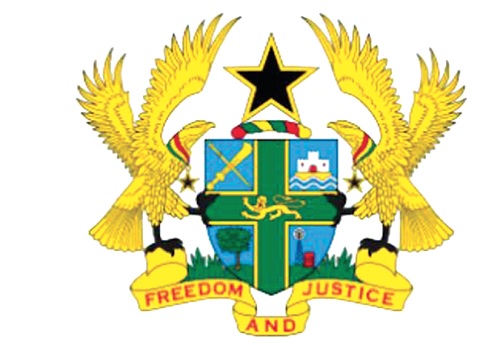Imperialism is often thought to occur between nations or continents, but today, it manifests across various sectors of governance, including the political sphere.
This is particularly evident in recent politics and election outcomes.
A typical example is Ghana, where political imperialism is unfolding between the current ruling parties.
Imperialism, in all its forms, must be condemned at all costs, especially within Ghana’s political landscape. Political imperialism occurs when authority is exercised over jurisdictions or boundaries, not legitimately belonging to a party.
In Ghana’s case, political imperialism is observed when a political party refuses to concede defeat or accept the realities of election results, ultimately resulting in political force or dominance as it happened in some constituencies.
The reasons for such practices are multifaceted. Locally, imperialism often stems from economic or political ambitions, coupled with cultural motives rooted in a sense of superiority. These motives undermine the essence of democratic governance.
For instance, the ongoing conflicts between the New Patriotic Party (NPP) and the National Democratic Congress (NDC) over parliamentary seats reflect this troubling trend.
The aggressive attempts by any of the parties to retain seats through forceful means must be strongly condemned.
Such actions risk leading to political imperialism and sparking unnecessary political conflict.
The lesson for Ghana is clear: resolving disputes through dialogue and legal frameworks is essential.
Political leaders must prioritise the nation’s stability over their ambition for power.
Avoiding forceful dominance is critical to preventing political and social unrest.
Togo’s political history highlights the dangers of political imperialism and the importance of concessions in maintaining peace.
The country has experienced prolonged political tensions marked by disputed elections and a refusal to accept defeat by political parties, which often led to civil unrest and instability.
South Africa’s post-apartheid political evolution demonstrates how inclusivity and respect for democratic processes can avoid political imperialism.
Despite economic and social disparities, South Africa has navigated contentious elections through institutional mechanisms rather than force.
For example, President Jacob Zuma's resignation in 2018, despite mounting political pressure, was managed peacefully, showcasing the importance of constitutional adherence. This approach underscores the value of conceding defeat to preserve national cohesion.
Ghana can adopt these lessons by strengthening legal frameworks: Transparent and fair systems to address electoral disputes are crucial.
Promoting political maturity: Encouraging parties to accept defeat gracefully protects democratic stability.
Fostering dialogue through open communication and compromise among political actors can prevent unnecessary conflicts.
By embracing these approaches, Ghana can avoid political imperialism and uphold its reputation as a model of democracy in Africa.
Gloria P Amedzo.
(Building Ghana Together).

